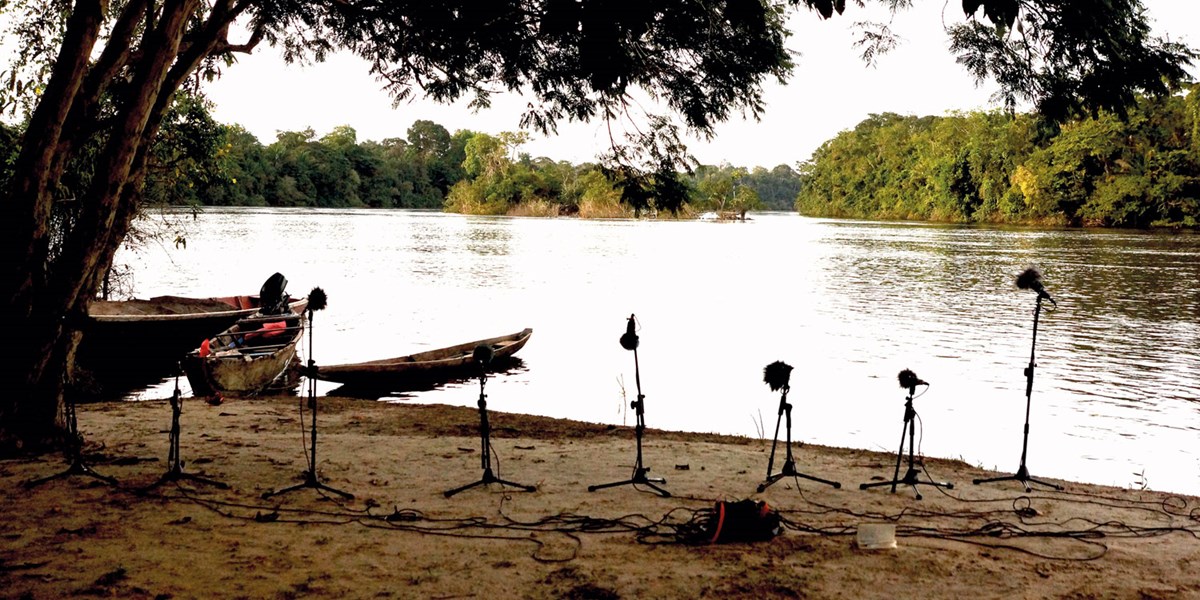Thursday, April 4, 2024
Ian Brennan's Hidden Tales
By Ian Brennan
A selection of excerpts from this new book, collecting stories behind some of the most singular albums that we have had the privilege of hearing

Saramaccan Sound (Marilena Umuhoza Delli)

Register now to continue reading

Thanks for visiting the Songlines website, your guide to an extraordinary world of music and culture. Sign up for a free account now to enjoy:
- Free access to 2 subscriber-only articles and album reviews every month
- Unlimited access to our news and awards pages
- Our regular email newsletters

